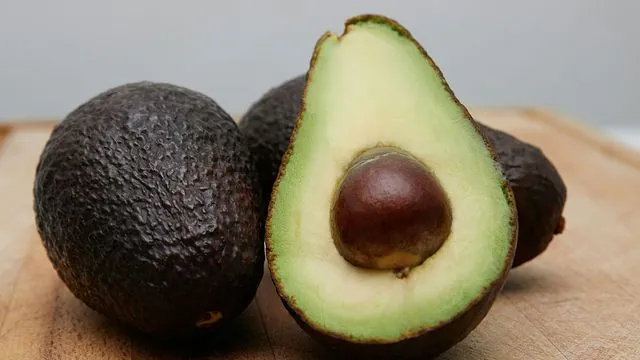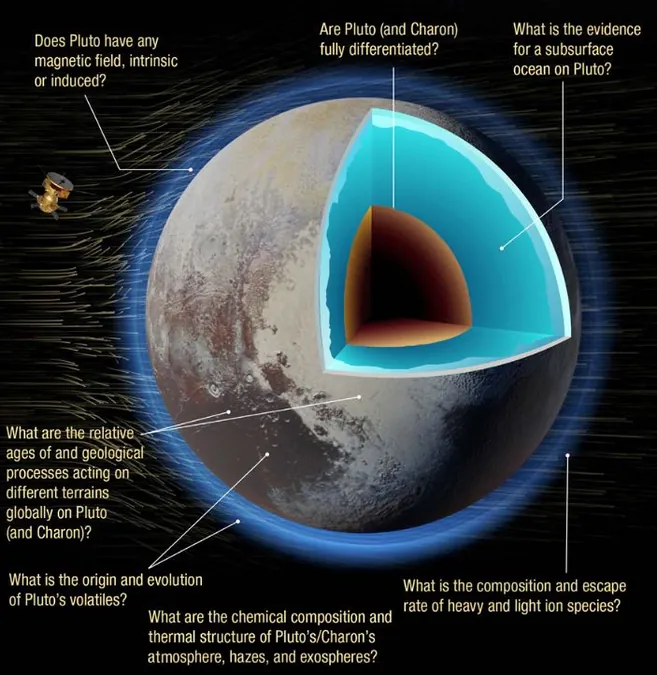
Unveiling a Revolutionary Family of Keto Metabolites: A Breakthrough in Understanding Ketosis!
2024-11-13
Author: John Tan
The ketogenic ("keto") diet and intermittent fasting have taken the health and wellness world by storm, gaining traction among everyone from casual fitness enthusiasts to high-performance athletes. These dietary approaches capitalize on the metabolic state known as ketosis, where the body shifts from burning glucose for energy to utilizing fat. This shift is celebrated for its potential benefits, which include fat loss, improved mental clarity, and even enhanced neurological protection.
A dedicated team of researchers, led by Jonathan Long, an associate professor from Stanford Medicine, alongside Yong Xu from Baylor College of Medicine, has embarked on a mission to demystify the biochemical intricacies of ketosis. Rather than contributing to the growing confusion surrounding ketogenic diets, they focus on the chemistry of the ketones themselves, unearthing game-changing insights into metabolism—especially within the brain.
Their recent groundbreaking research, published on November 12, 2024, in the journal Cell, reveals a previously unknown metabolic pathway alongside a novel family of "keto" metabolites that could fundamentally alter our understanding of ketosis.
A Paradigm Shift in Metabolic Science
Traditionally, when the body is deprived of carbohydrates, it resorts to breaking down fat, leading to the production of ketones, with beta-hydroxybutyrate (BHB) being the most prominent. Researchers once believed that ketosis operated through two primary pathways: ketogenesis—the liver's production of BHB—and ketolysis, where BHB is used for energy across the body. However, Long and his team were determined to dig deeper.
"We realized that ketosis is far from a straightforward process," Long stated. "The complexities involved in how ketone molecules are processed could shed light on some of ketosis's more fascinating effects, including its impact on hunger levels and energy expenditure."
In their experiments involving both mice and human subjects, the researchers observed that BHB interacts with amino acids in a way that creates a new family of compounds they named BHB-amino acids. This "shunt pathway" operates like a series of off-ramps on a highway, directing the body’s metabolic processes down less-traveled routes that lead to unexpected destinations.
Ketones and the Brain: A Connection to Appetite Control
One of the standout findings of this research is the interaction between these ketone metabolites and appetite regulation. People often report a decrease in hunger when in ketosis, a phenomenon Long and his team sought to explore.
Their analysis indicated that BHB-amino acids have the potential to suppress feeding behavior while promoting weight loss, hinting at a complex relationship between ketosis, appetite control, and metabolic health. "This third metabolic pathway is crucial in understanding how ketosis contributes to appetite suppression and subsequent weight loss," Long emphasized.
Implications for Treatment and Future Research
The discovery of this novel metabolic pathway opens up a treasure trove of possibilities for further exploration of the ketogenic diet's benefits. Historically, the diet has yielded remarkable outcomes for controlling seizures, particularly in children with epilepsy resistant to medication. However, the broader implications for cognition and overall metabolic health have remained elusive—until now.
Equipped with this newfound knowledge, Long and his team are reexamining the role of this shunt pathway in seizure management, potentially leading to innovative treatments that harness the benefits of ketosis without strictly adhering to a ketogenic diet.
As Long noted, "Now that we have clarified the pathways involved, we can formulate sharper questions regarding how these products function and the potential risks or limits they might have."
What Lies Ahead?
The exciting implications of this research are vast, not only for epilepsy treatment but for various metabolic and neurological conditions. The ongoing study of ketosis and its metabolites could eventually revolutionize how we approach dietary recommendations and therapeutic interventions in metabolic health.
This groundbreaking work not only promises to reshape our understanding of ketosis but also signals a new dawn in metabolic science that could help countless individuals achieve better health outcomes. Are you ready to unlock the secrets of ketosis and transform your health? Stay tuned for more updates on this fascinating research journey!





 Brasil (PT)
Brasil (PT)
 Canada (EN)
Canada (EN)
 Chile (ES)
Chile (ES)
 España (ES)
España (ES)
 France (FR)
France (FR)
 Hong Kong (EN)
Hong Kong (EN)
 Italia (IT)
Italia (IT)
 日本 (JA)
日本 (JA)
 Magyarország (HU)
Magyarország (HU)
 Norge (NO)
Norge (NO)
 Polska (PL)
Polska (PL)
 Schweiz (DE)
Schweiz (DE)
 Singapore (EN)
Singapore (EN)
 Sverige (SV)
Sverige (SV)
 Suomi (FI)
Suomi (FI)
 Türkiye (TR)
Türkiye (TR)